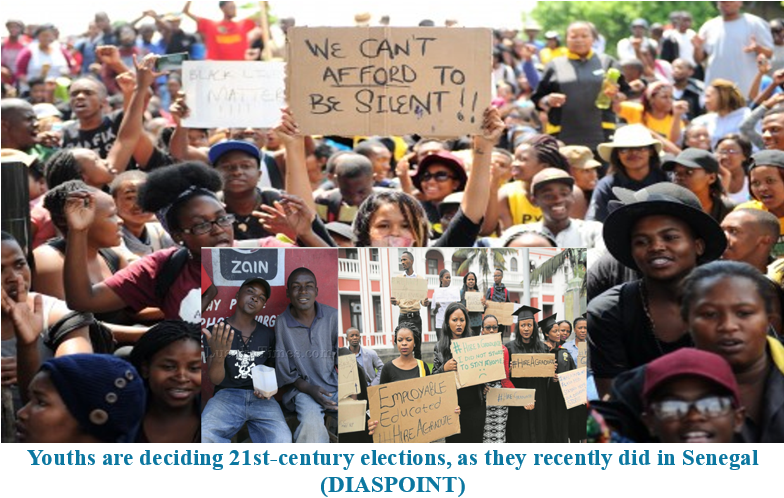Why are so many youths jobless?
Post By Diaspoint | May 16, 2024

Zambia’s general elections are due in two and a half years, in 2026. With the New Dawn administration having almost sorted out the debt restructuring and mining issues, as well as sufficiently marketed Zambia as a good destination for foreign direct investment (FDI), they should now laser-focus on local solutions for job creation through innovative initiatives to promote Micro and Small Enterprises (MSEs), in order to create millions of jobs for the youths.
According to the latest empirical evidence, the majority of Zambian businesses are in the MSEs category and are mainly informal, as stated by the Bank of Zambia (BOZ) Survey. In its latest Survey of Micro, Small and Medium Enterprises (MSMES), the Bank Of Zambia reported that Zambia has 1,553,892 MSMEs, and out of that total, 98.8% (1,535,245) were micro (less than 10 employees), whereas one percent were small, and 0.2 percent medium-sized. Furthermore, the report stated that 95.6% of MSMEs were in the informal sector and presumably youth-owned. It is, therefore, evident from the data that micro-enterprises provide opportunities for formal critical mass job creation for Zambia.
From the political angle, in the 21st century, it has become abundantly clear that it’s the youth that determine elections in almost all countries. It all started with Barack Obama in 2008 in the US. Then, in 2019, in El Salvador, a 37-year-old Nayib Bukele, an independent-minded leftist former mayor of San Salvador (2015-2018), became the youngest politician to be elected president, and broke 40 years of the two-party rule in El Salvador, by winning in the first round by 53%, because of the Youth Vote. And recently in Senegal, 44-year-old Bassirou Diomaye Faye won 54% in the first round too. In Kenya, it was the same. It is apparent that politicians can only ignore the Youth vote in their economic strategies at their peril.
Read More from original source
